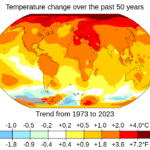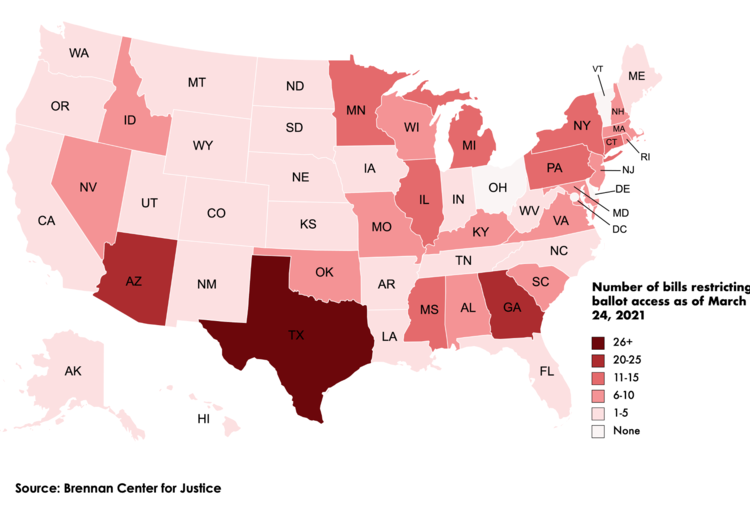Economists Warn: Next Market Rout Could Be Worse Than Last Time
- Economists at Bank for International Settlements analyzed the August 5 market rout
- Markets held up well during the meltdown but investors may not be so lucky next time
- Leveraged bets contributed to the initial selloff and are still being used
- Risk-taking in financial markets remains elevated
- Crowded strategies affected by sudden wave of deleveraging
- VIX briefly spiked north of 65 during the event
- Estimated $1 trillion deployed in yen carry trades ahead of selloff
A team of economists at the Bank for International Settlements analyzed the August 5 market rout and found that markets held up well during the meltdown, but investors may not be so lucky next time. They noted that leveraged bets contributed to the initial selloff and risk-taking in financial markets remains elevated. The factors behind the volatility spike have not changed significantly. The team focused on analyzing what happened on August 5, finding that stretched bets on stocks and options were also impacted. They estimated more than $1 trillion may have been deployed in yen carry trades ahead of the selloff. As volatility spiked, clearinghouses demanded traders put up more capital to cover their risk, which set off a vicious cycle of margin calls. The S&P 500 has since recovered most of its losses.
Factuality Level: 9
Factuality Justification: The article provides a comprehensive account of the global market meltdown on August 5th and the factors that contributed to it. It cites data from banks’ prime-brokerage desks and estimates the size of the yen carry trade ahead of the selloff. The information is based on research conducted by economists at the Bank for International Settlements, a reputable institution. The article also discusses the role of leverage in exaggerating the meltdown and provides context for the events leading up to it. It does not include any irrelevant or sensationalized details, nor does it present personal opinions as facts.
Noise Level: 7
Noise Justification: The article provides a detailed analysis of the factors that contributed to the global market meltdown on August 5th and discusses the potential risks for future events. However, it contains some technical jargon and financial terms that may be difficult for non-experts to understand without additional context or explanation.
Public Companies: Bank for International Settlements (BIS), Cboe Global Markets (CBOE), S&P 500 (SPX), Nikkei 225 (JP:NIK)
Key People:
Financial Relevance: Yes
Financial Markets Impacted: The article discusses the global meltdown that affected financial markets, specifically mentioning the S&P 500, Nikkei 225 and USDJPY. It also talks about leveraged bets in stocks, options, and currency-market carry trades. The Bank of Japan’s interest rate decision and US labor data had an impact on these markets.
Financial Rating Justification: The article discusses the causes and effects of a global meltdown that affected various financial markets, including stock indices and currency exchange rates. It also highlights the role of leverage in exacerbating the situation and mentions potential risks for future events.
Presence Of Extreme Event: Yes
Nature Of Extreme Event: Financial Crisis
Impact Rating Of The Extreme Event: Severe
Extreme Rating Justification: This rating is based on the significant market volatility, selloff in various markets including S&P 500 and Nikkei 225, and the potential impact of leverage and margin calls on traders’ positions. The event caused a $1 trillion-plus unwind of yen carry trades and affected retail currency traders as well.
Move Size: The market move size mentioned in this article is a 3% drop in the S&P 500 and a 12% drop in Japan’s Nikkei 225.
Sector: All
Direction: Down
Magnitude: Large
Affected Instruments: Stocks, Currency-market carry trades
 www.marketwatch.com
www.marketwatch.com 





